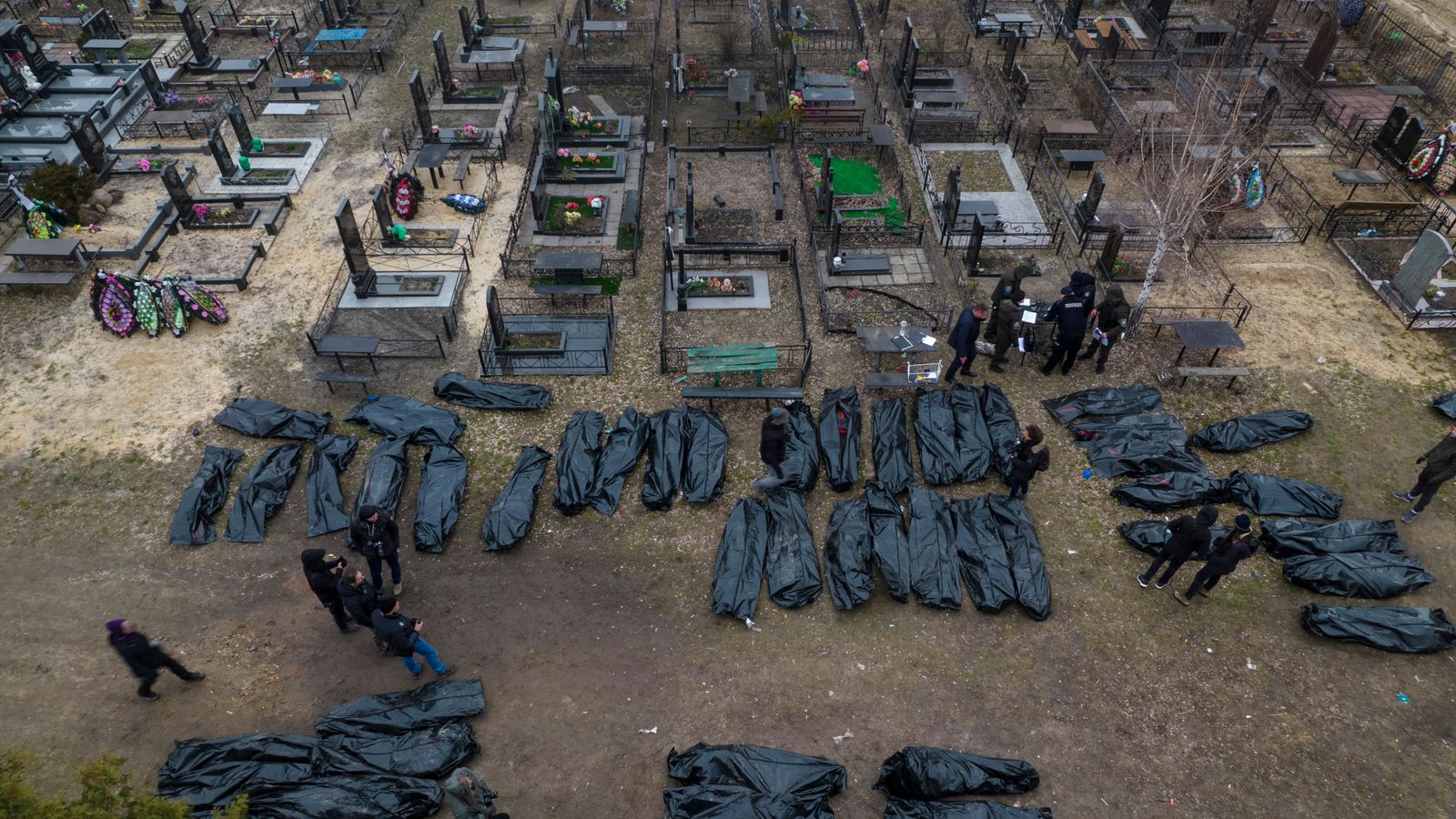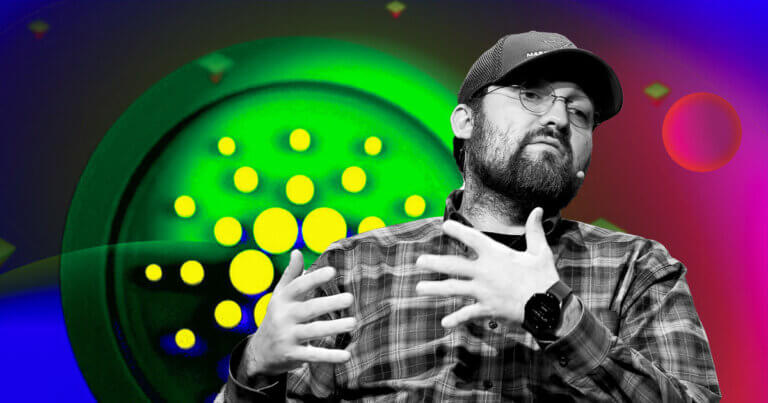Russia has been suspended from the United Nations’ Human Rights Council (UNHRC) following its invasion of Ukraine.
Moscow described the move as an “unfriendly gesture” and said there will be consequences for bilateral ties, according to a note seen by Reuters.
93 members of the UN General Assembly voted for the suspension, while 24 voted against and 58 abstained.
Because Russia is a permanent member of the UN Security Council and cannot be removed, suspending it from the UNHRC is seen as a significant way for the UN to show its disapproval of Russia’s actions in Ukraine.
In a draft text issued prior to the vote, Moscow was accused of creating a “humanitarian crisis” in Ukraine.
There has been revulsion in recent days after images emerged of civilian bodies on the streets of Bucha in Kyiv province.
The US ambassador to the UN, Linda Thomas-Greenfield, said Russia had to be warned against continuing to act with “such impunity” and said it was “pretending” to respect human rights.
Ukraine has accused Russian troops of killing hundreds of civilians in Bucha, but Moscow has denied being to blame.
Russia’s ambassador to the UN, Vassily Nebenzia, said earlier this week that while Bucha was under Russian control, “not a single civilian suffered from any kind of violence”.
Since Russia’s invasion of Ukraine began on 24 February, the UN General Assembly has adopted two resolutions denouncing Moscow, with 141 and 140 votes in favour.
Vladimir Putin’s government claims it is carrying out a “special operation” to demilitarise Ukraine.
What is the UNHRC and what does this mean for Russia?
Until Russia was suspended, the council, which is based in Geneva, had 47 members. Russia was in its second year of a three-year term.
The UNHRC, which was established in 2006, cannot take legally binding decisions. It can, however, authorise investigations and send powerful political messages.
Last month it opened an investigation into allegations of rights violations, including possible war crimes, in Ukraine since Russia began its attack.
Russia’s suspension is more than a loss of prestige.
It is a signal that two thirds of the members of the United Nations General Assembly believe it is not fit to belong to an international human rights body.






